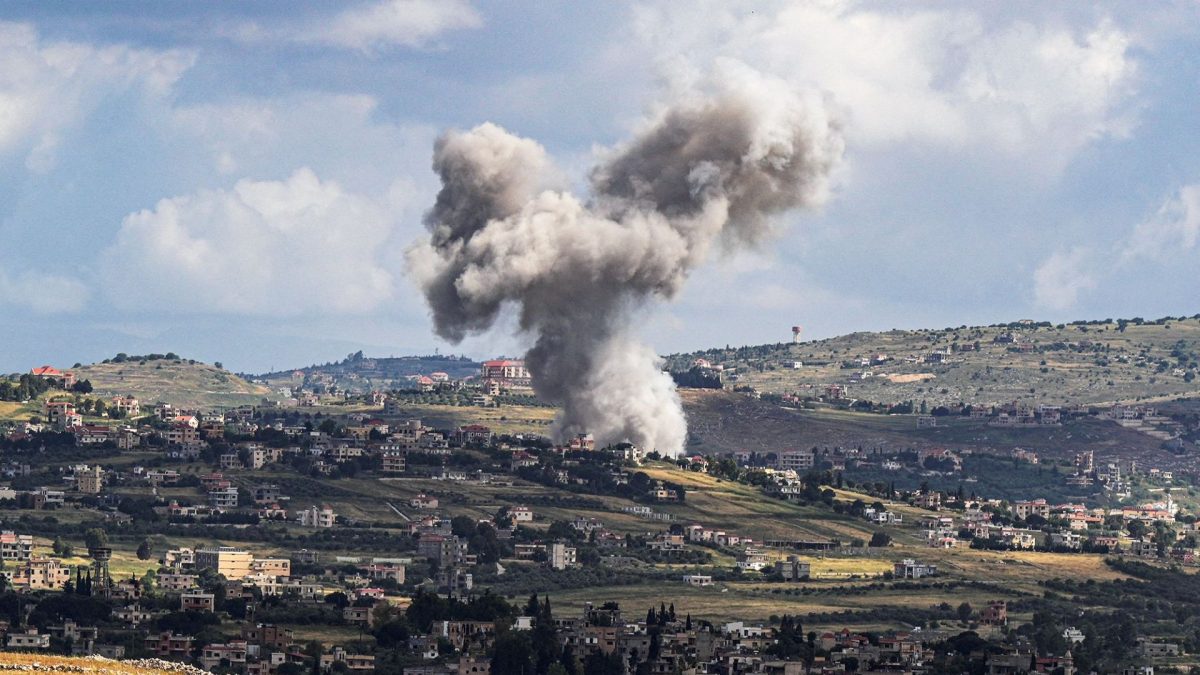Amid an uneasy ceasefire with Hezbollah, Israel on Tuesday carried out fresh airstrikes in Lebanon.
In a brief statement, the Israeli military said an airstrike targeted a “terrorist cell” in Bekaa area of Lebanon.
Even though the full-scale war between Israel and Hezbollah has stopped, Israel has continued to conduct sporadic ceasefire inside Lebanon and Hezbollah has also carried out attacks. Both sides blame the other for initiating violations of ceasefire brokered by US and French governments.
Earlier, Lebanese Speaker Nabih Berri, who has mediated in talks with Hezbollah, said that Israel had violated ceasefire over 50 times since it came into force on November 27.
In addition to the airstrike in Bekaa area, there has also been reports of an Israeli airstrike on a near the airport in Syrian capital Damascus.
Even as Israel has rejected the accusations of violating the ceasefire, Defence Minister Israel Katz has said that if the ceasefire with Hezbollah breaks down and war resumes, then Israel would not distinguish between Lebanese forces and Hezbollah personnel.
So far, Israel had reiterated that the war was with Hezbollah, the Iran-backed, Lebanon-based terrorist group, and not with the government or people of Lebanon. However, Katz’s statement suggests a remarkable turnaround in the Benjamin Netanyahu government’s stand.
Impact Shorts
More ShortsKatz said that Lebanon must “authorise the Lebanese army to enforce their part, to keep Hezbollah away beyond the Litani [River] and to dismantle all the infrastructure”, according to The Times of Israel.
The failure to do so and breakdown of the truce would mean that Israel would be at war with Lebanese state and would strike the entirety of capital Beirut and not just the neighbourhood of Beirut that’s home to Hezbollah, said Katz.
“If they don’t do it and this whole agreement collapses then the reality will be very clear. First of all, if we return to war we will act strongly, we will go deeper, and the most important thing they need to know, that there will be no longer be an exemption for the state of Lebanon,” said Katz.
He further said, “If until now we have distinguished between the state of Lebanon and Hezbollah, and between Beirut as a whole and [its southern suburb, a Hezbollah stronghold] Dahiyeh, which we have struck very hard, this will no longer be [the case]."
Under the terms of the Israel-Hezbollah ceasefire, Israeli forces would withdraw south of the ‘Blue Line’, the de facto Israel-Lebanon border, and Hezbollah would withdraw to the north of Litani river within 60 days. It also mandates that the area in southern Lebanon vacated by Hezbollah would be taken over by the regular Lebanese military to ensure that Hezbollah does not return to the area.
)